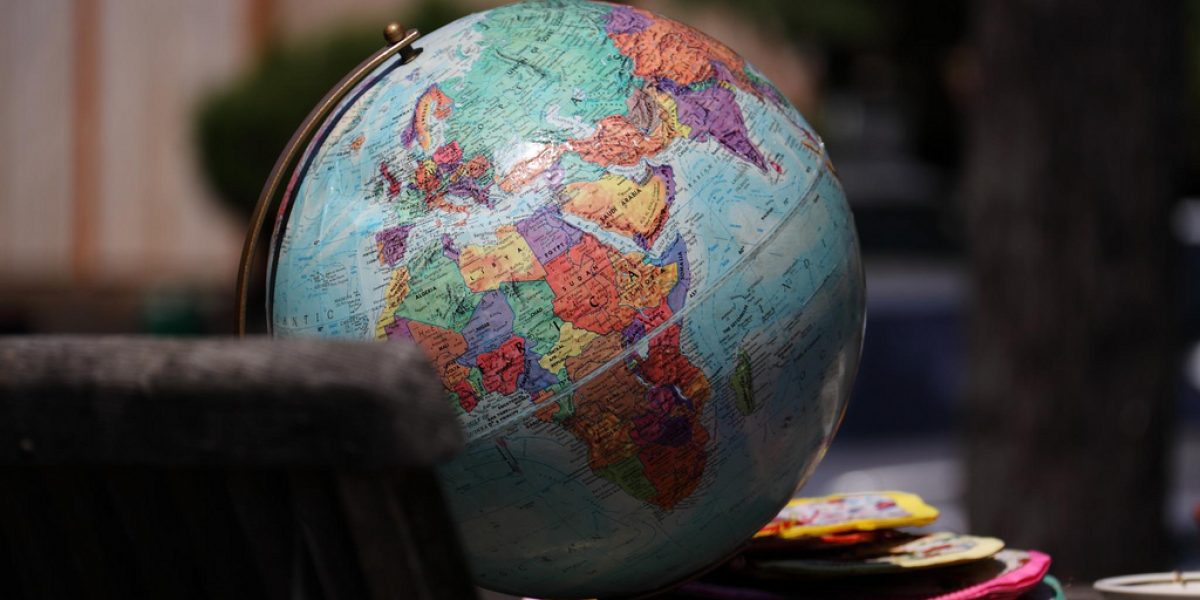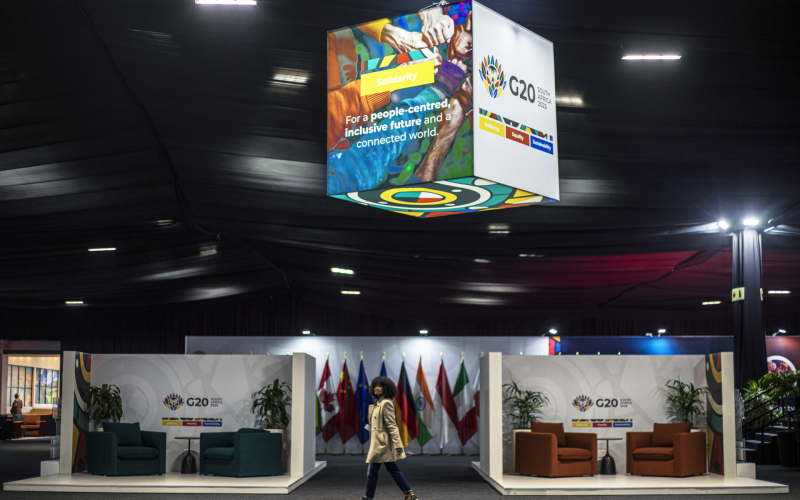Countries such as Brazil, China, India, Turkey, Indonesia, Vietnam and the re-emerging Russia are remapping the geography of economic power. However, it is still uncertain whether these countries have sufficient political weight and policy traction to change the structure of power in multilateral processes.
Emerging powers are asserting their influence in various multilateral institutions and seeking to amplify their unified voice on critical global policy issues. Some, notably Brazil, Russia, India, China and South Africa (BRICS), have gone a step further and formed a bloc to institutionalise their growing influence and augment their bargaining capacity. The paper examines the extent to which this new phenomenon of rising powers is reshaping the global order today. It looks at how emerging powers are positioning themselves in relation to the system of global governance, the ideas they articulate, and the extent to which their rise constitutes a counter-narrative to that which is presented by the West.
The paper considers whether the rise of emerging powers signals the decline of the West, and suggests that claims about this decline are exaggerated. Research and indices developed by various international organisations are reviewed to underline several institutional weaknesses, which should be taken into account when building relations with the BRIC countries in particular, and emerging powers in general. Finally, South Africa’s place in the context of these global transformations is discussed.








